

Key Considerations for Building Your Website


As we embark on the journey of designing your website, it is essential to consider various factors that will influence its effectiveness and success. Below, I outline key elements to consider during the planning phase of your website design.
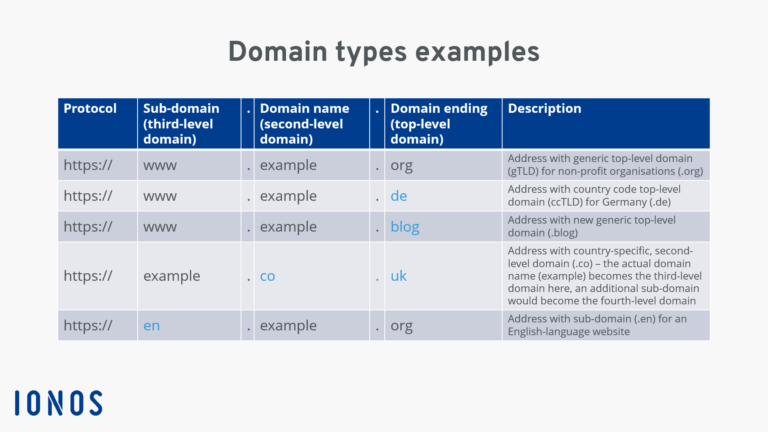

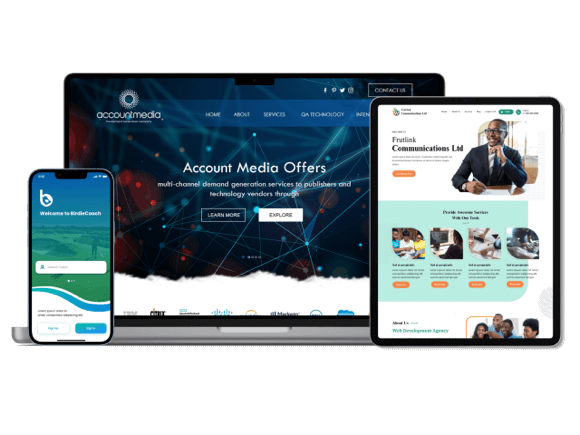
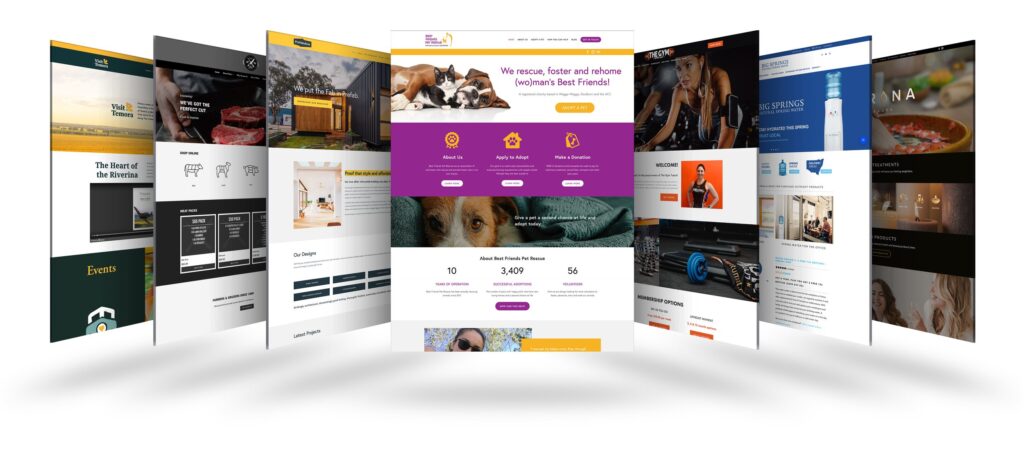
Site Purpose
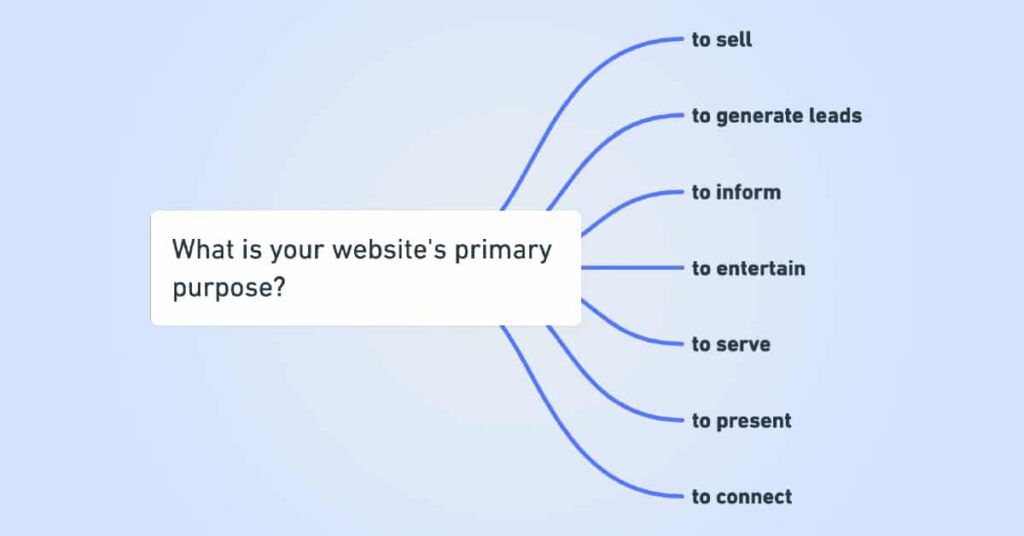
Clearly defining the purpose of your website is the first step in the design process. Are you looking to provide information, sell products, or offer services? Understanding the primary function of your site will guide the overall design and content strategy.
Target Audiences
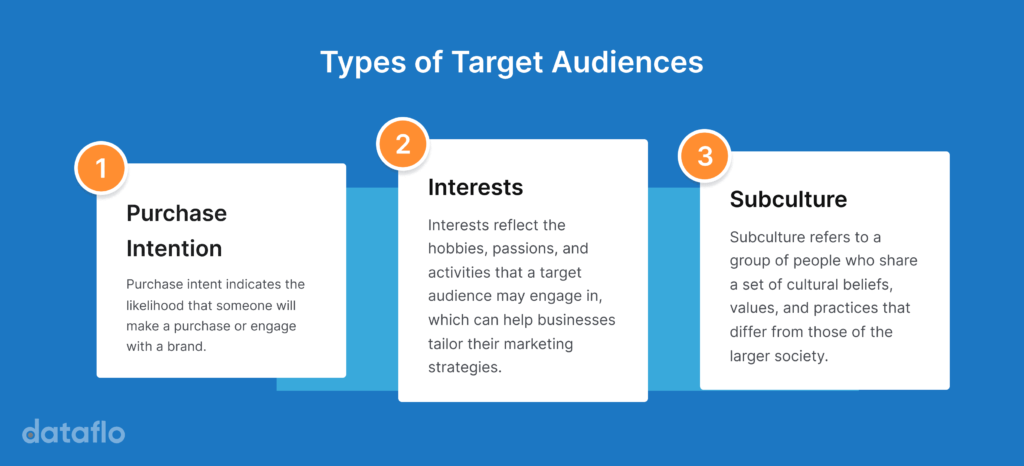
Identifying your target audience is crucial. Who are the individuals you want to reach? Consider demographics such as age, gender, location, and interests. Tailoring your design to meet the preferences and needs of your audience will enhance user experience and engagement.
Site Objectives
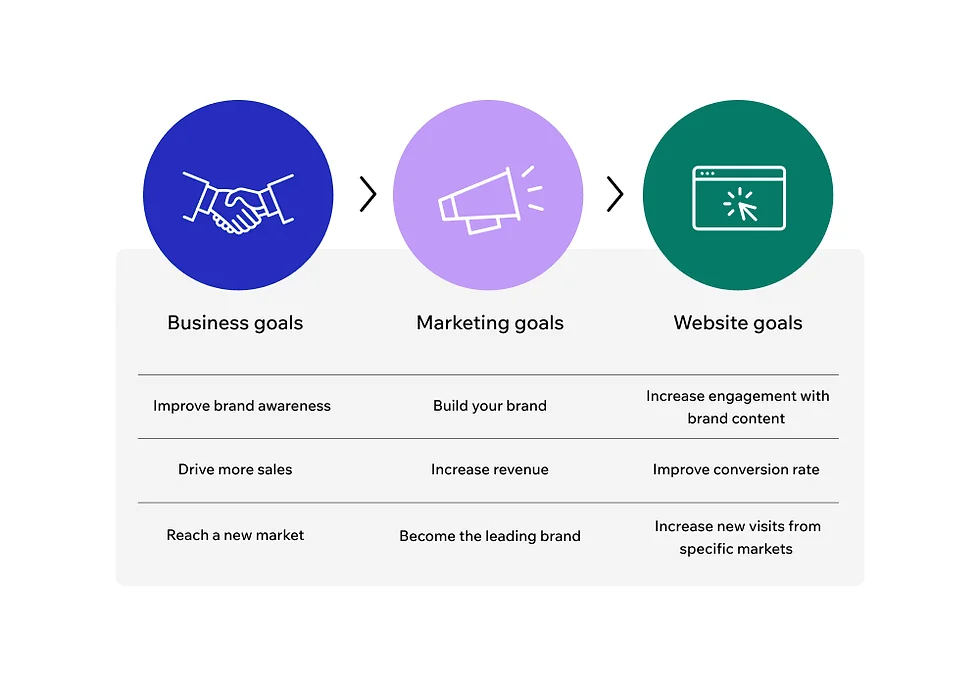
Establishing clear objectives for your website will help you measure its success. Whether you aim to increase traffic, generate leads, or drive sales, your design choices should align with these goals. Set specific, measurable, achievable, relevant, and time-bound (SMART) objectives to keep your project focused.
Responsive, Mobile-Friendly Design

In today’s digital landscape, a responsive design is non-negotiable. With a significant portion of web traffic coming from mobile devices, your site must provide a seamless experience across all screen sizes. Ensure that your design adapts fluidly to different devices, enhancing usability and accessibility.
Fresh Content
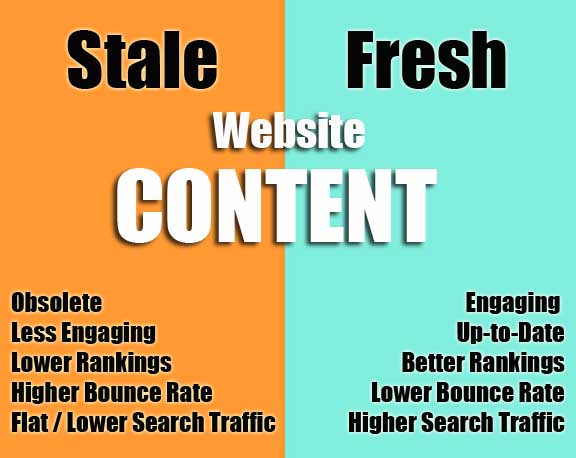
Regularly updating your website with fresh content is essential for engaging visitors and improving search engine rankings. Consider a content management system (CMS) that allows for easy updates. This could include blog posts, news articles, or product updates that keep your audience informed and coming back for more.
Engaging Content
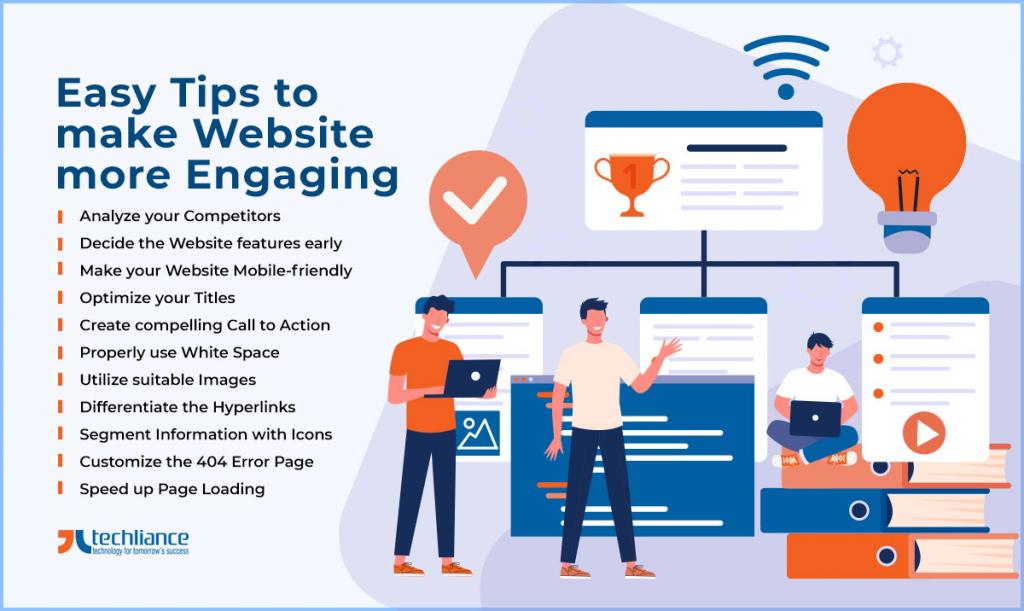
Content is king, and creating engaging, high-quality content is vital for keeping users on your site. Use a mix of text, images, videos, and infographics to capture attention. Ensure that your content is relevant and valuable to your audience, answering their questions and meeting their needs.
Features
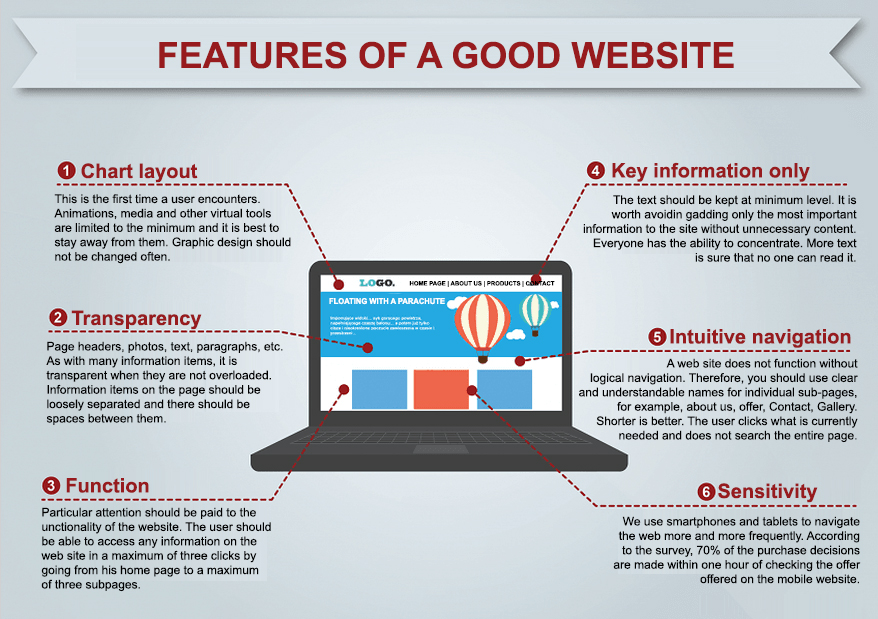
Think about features that will enhance the user experience on your site. This could include interactive elements, social media integration, contact forms, or e-commerce capabilities. The right features can make your site more functional and user-friendly, encouraging visitors to take desired actions.
Search Engine Optimization (SEO)

Implementing SEO best practices from the outset will boost your website’s visibility on search engines. This includes keyword research, optimizing meta tags, creating quality backlinks, and ensuring fast page load times. A well-optimized site will attract more organic traffic and improve your chances of reaching your objectives.
In conclusion, careful consideration of these factors will set a strong foundation for your website design project. Each element plays a critical role in achieving a successful online presence that attracts visitors, but also converts them into loyal customers.
Please connect if you have any questions or wish to discuss these points further. I look forward to partnering with you regarding your website project.


